Unifrance’s Daniela Elstner, Film i Vast’s Kristina Borjeson, and Lucky Red founder Andrea Occhipinti were among the international executives who came together to share insights into producing and distributing non-English language films outside of their home territories at a roundtable event in Venice hosted by Screen International and sponsored by the Saudi Film Commission.
In many ways, it seems a good time for non-English language films – audiences and awards have flocked to films and series like Parasite, All Quiet On The Western Front, Money Heist and Squid Game. However, programming at most cinemas and on streamers is still dominated by US films. In terms of gross revenue, English-language films are vastly over-represented among the highest-grossing films of all time: of the top 100, 97 of them are in English, with the other three in Chinese.
Speakers agreed their main priority when backing a film was first of all to achieve success with local audiences in their home country. “The European market or world market, that is more like a bonus,” said Borjeson, head of production at Swedish fund Film I Vast.
Faisal Baltyuor, CEO of Saudi distributor CineWaves, said this was particularly the case for the nascent Saudi film production sector. “When we started, for the first few years, our focus was only on Saudi Arabia to get the trust from the audience.”
With Saudi films such as Sattar now performing strongly at home, attention is turning to the international market. Baltyuor noted CineWaves has just opened an office in China, and that Saudi films are increasingly being selected for international festivals and performing well on platforms like Netflix.
May Jabareen, junior producer at Palestine’s Philistine Films, who was in Venice to pitch Annemarie Jacir’s 1930s Palestine set All Before You at the Gap-Financing Market, said streaming platforms had made it easier for Arabic films to reach Arabic speaking audiences around the world.
However, US-based lawyer and producer Fedra Fateh noted non-English language filmmakers faced barriers even at script level when pitching their projects, as it might not be understandable to potential funders.
Meng Xie, CEO of Beijing-based sales agency and financing company Rediance, reflected on the fast-changing Chinese market, noting its recovery from Covid as well as the impact of the trade war with the US and how challenging it can be for international films to break into the market given the quota system for foreign language films.
Hesitant audiences
Eve Gabereau, founder of UK distributor Modern Films, said releasing non-English language films in cinemas in the UK is “mostly very difficult – but it has always been.” She said audiences who might traditionally engage with independent cinema in theatres “are more hesitant or less active.”
A film might generate tremendous word of mouth at a festival, but traditional arthouse audiences can no longer be guaranteed to show up for them at theatres.
Unifrance’s Elstner agreed, saying it is becoming more challenging to attract the kind of audiences who would watch a film at a festival to go to a theatre when it is released at home. She said the market share of French films has declined in US theatres. “But a lot of Americans watch French films because of the platforms, IPTV and TV – and if you bring it all together, we are over.”
Elstner spoke of the importance of reaching young audiences, targeting them where they are – from social media to games - to promote arthouse cinema. She said Unifrance is hosting a three-day short film festival within the Minecraft game in October.
Jaume Ripoll, CCO of Spanish streamer Filmin and director at the Atlàntida Film Fest, said the company only releases about 10% of the titles it acquires in cinemas. Audiences are just not coming to see international titles in cinemas as they used to: “For me to spend €20k-40k on marketing for a theatrical release makes no sense.”
Ripoll said Filmin invests to promote its brand as a platform, so that audiences will subscribe and trust it as a home of films they want to see.
Boutique approach
Giulia Casavecchia, head of sales at Italy’s True Colours, spoke of the importance of partnering with distributors to build the profile of films and filmmakers in each country, preferring a boutique approach to necessarily releasing a movie worldwide on a platform where it can struggle to stand out.
Lucky Red founder Occhipinti said it was very important for distributors to offer a slate of different films, so those films that work in the market can balance with those that don’t. “It’s always been crucial to have a varied slate of films.”
He also said that for small films it is crucial to create events around them, from director Q&As to premieres with actors. “Whenever we do something special, we are always overbooked. It’s a sparkle – social media people talk so it makes it a little bigger.”
Among the challenges, Film i Vast’s Borjeson said overproduction of films was a concern, with multiple releases of films cannibalising market share, citing a recent Film i Vast report that addressed the subject. She noted that 34 Swedish films are set to be released in the period until Christmas.



















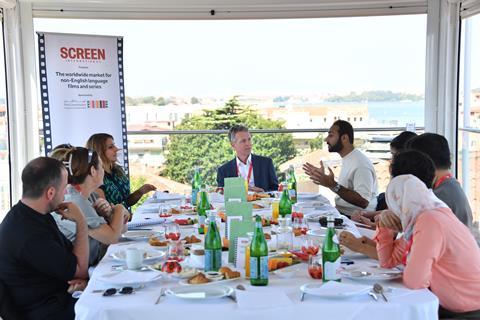

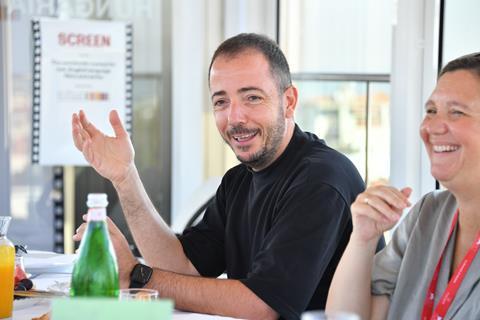
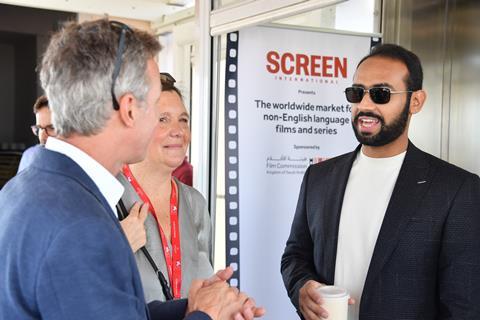


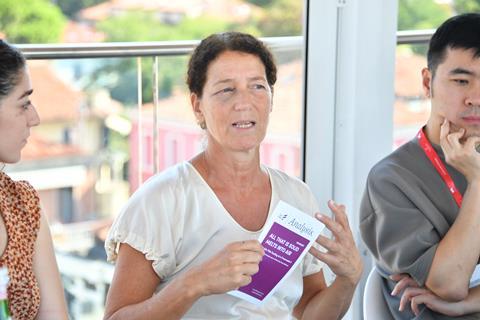
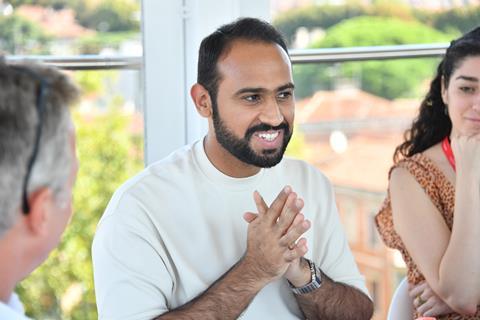
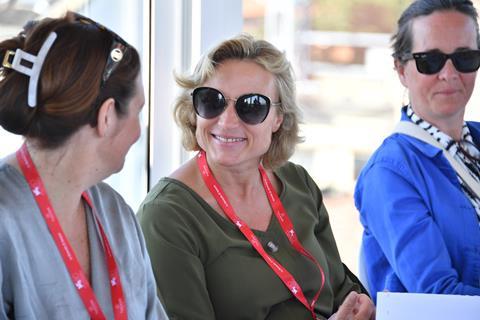
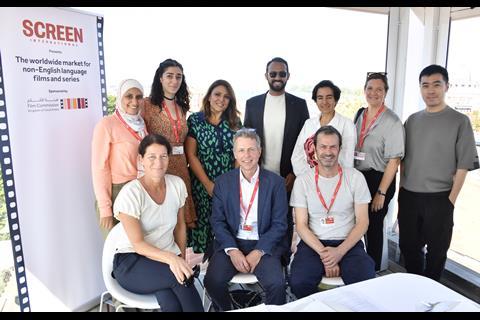






No comments yet